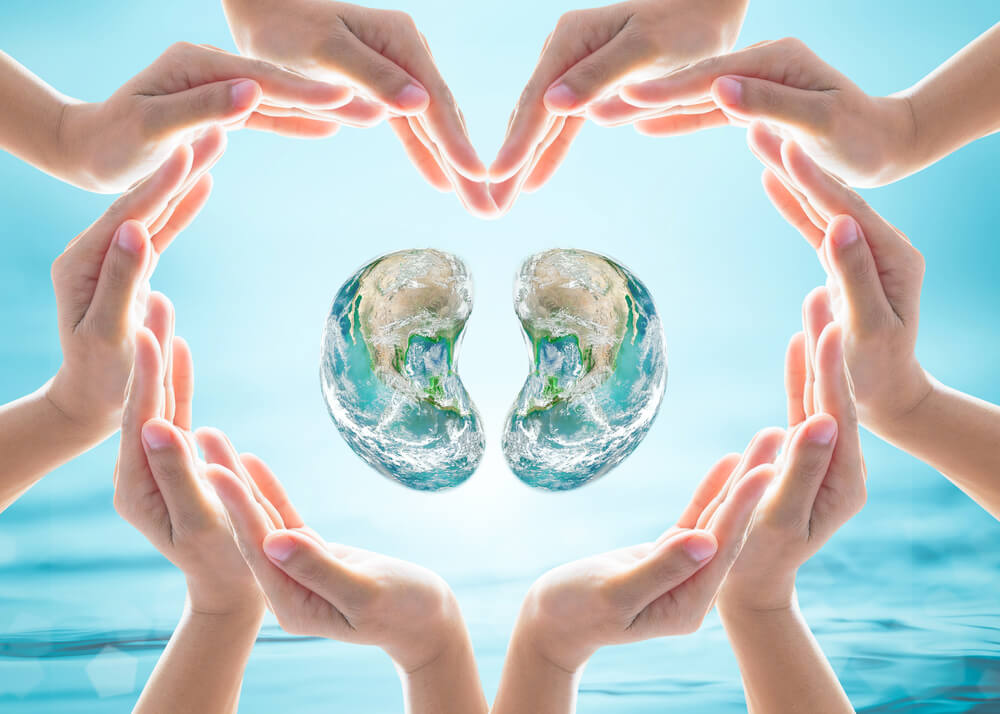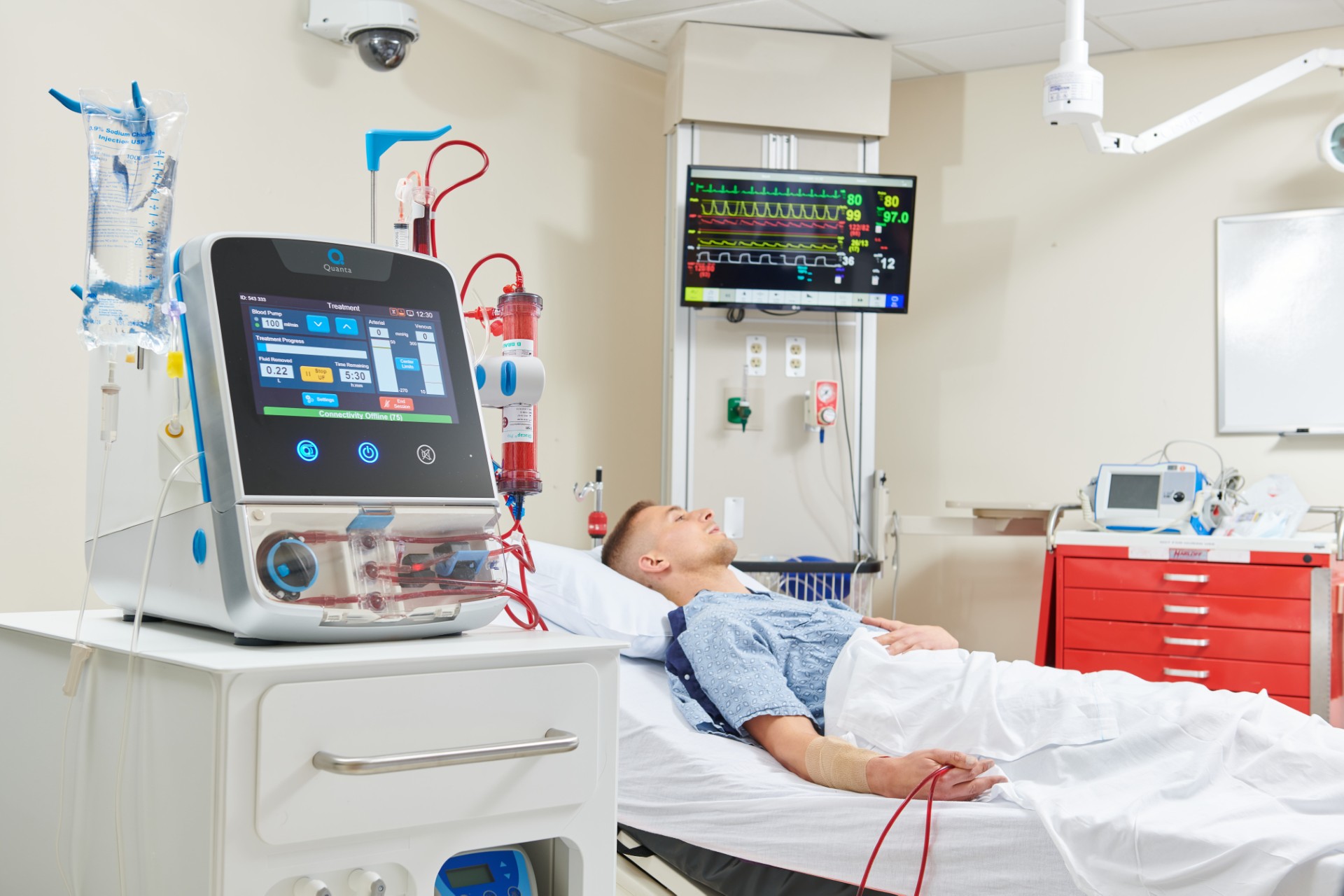
March 14 is World Kidney Day. Please join all of us at Innovative Renal Care in celebrating this important global event. First introduced by the International Society of Nephrology and the International Federation of Kidney Foundations—World Kidney Alliance, World Kidney Day raises global awareness of kidney health and disease. It is a time for countries around the world to focus on kidney health and measures to prevent and treat kidney disease.
This year’s World Kidney Day theme is Kidney Health for All: Advancing Equitable Access to Care and Optimal Medication Practice.
Kidney Health for All
This year’s theme highlights the importance of equal access to kidney care. Unfortunately, equitable care is not yet a reality. Access to kidney health education and treatment for kidney disease is not readily available to all. Disparities in access to education, prevention, and care must be addressed globally and within the U.S. to build a better world for kidney health.
Access to Care
There are many points of breakdown in access to kidney care. Many people do not have adequate insurance coverage, and some may not have access to screening and early diagnosis. Healthcare policy issues, provider shortages, and socioeconomic factors are all barriers to equitable kidney care.
Treatment for the conditions that often lead to kidney disease–including obesity, high blood pressure, and diabetes—is often not readily available to those with a lower income or who lack access to care for other reasons. Treatment for end-stage renal disease, including in-center and home dialysis options, may not be an option for some.
Awareness and prevention are critical aspects of kidney care. Kidney disease is prevalent: in the U.S., approximately 1 in 7 adults have chronic kidney disease (CKD). Alarmingly, up to 9 in 10 adults who have CKD are unaware that they have the disease. This calls for improvement in both screening and education.
Increasing awareness surrounding kidney disease is vital. Many are unaware that diseases like hypertension and diabetes are risk factors for CKD, and they may lack education in the prevention and management of these conditions. Lifestyle factors can play a significant role in managing and preventing CKD, but awareness is crucial. Equitable access to care must include equitable access to knowledge.
Optimal Medication Practices
Access to medication is not a reality for many. Pharmaceutical breakthroughs have given us medications that can help to prevent or delay kidney disease, including GLP-1 receptor agonists, SGLT2 inhibitors, and renin-angiotensin inhibitors. However, barriers like treatment costs, insurance coverage gaps, and specialist shortages prevent many from accessing optimal treatment options.
In addition to limited medication access, medication adherence can be a barrier to optimal care. Educating patients on the importance of their medications and coaching them in maintaining their treatment regimen is vital. Regarding optimal medication practices, knowledge, and access must go hand in hand.
IRC Cares
At IRC, we have always cared deeply about equitable access to care and optimal medication practices. From serving as compassionate allies for our patients and their families to emphasizing best practices in our care, IRC takes inclusive and accessible care seriously.
World Kidney Day is a day to learn about kidney health and raise awareness. We encourage you to join us. Together, we can take steps to reach the goal of kidney health for all.





